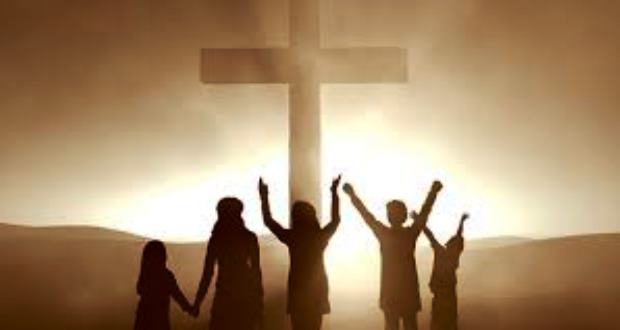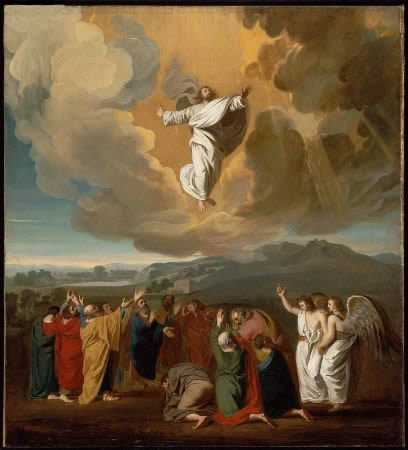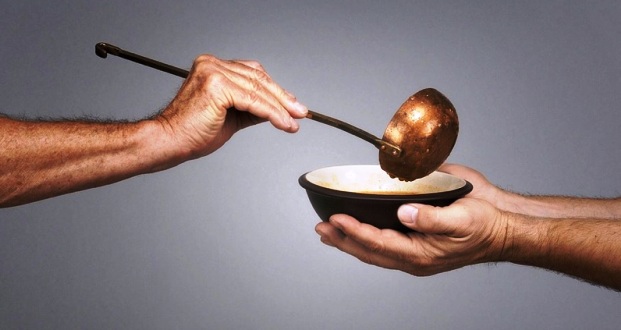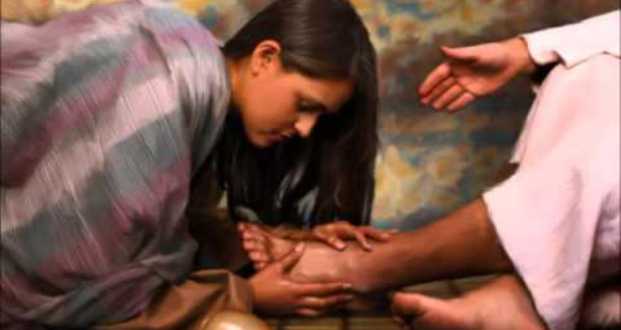The Cross Reminds Us Of The Freedom We Are Called To

(By Fr. Dexter Brereton)
In Trinidadian English, the word “mannish” denotes a child acting like a grown up. Some young person who is considered ‘rude’ or even ‘forced ripe.’ As I was reading John’s account of the passion of Jesus Christ, I was intrigued by the section with the exchange between Jesus and the High Priest. From the perspective of the Jewish authorities, for people who were accustomed to the deference of others, they would have considered the young upstart from Nazareth quite “mannish” in his answers.
The High Priest questioned Jesus about his disciples and his teaching. The subsequent exchange forcefully brings home the fact that the attack on Jesus was not just physical – on his physical existence. It was also an attack on his very personhood, on how he saw and valued himself. It would have been striking to the onlookers of that conversation that Jesus spoke back to the authorities like a free man instead of answering them like a frightened child. This freedom , manifested as freedom of speech no doubt prompted the guard, the force of law and order to strike Jesus saying: “Is that the way to answer the high priest?” Jesus, the little carpenter from Nazareth refused to act like a slave before his superiors. Jesus did not just answer the high priest he “answered back.” Jesus’ freedom from the religious rule of the Jewish religious authorities was at the heart of what brought him to this point.
The death of Jesus, if it is to be adequately understood, must be understood historically. It was not the result of a set-up with God as the only actor and agent. Jesus did not have a death wish. It was the direct outcome of the manner in which he lived a direct outcome of the conflicts that he provoked and the doctrine he taught. Human responsibility and human enmity played a role. Jesus rose up against a religious system that created scores of outcasts, lepers and people unable to worship because of purity regulations. As iniquitous as it was, there were those who had a vested interest in this system, especially those at the top of the social ladder. Anyone challenging their hegemony was bound to be seen as an outsider.
To understand the cross and suffering simply as a necessary and unavoidable part of life without recognizing the fact that there are those who manufacture the cross and death of others, only serves to rob the cross of its power as a symbol of resistance. A Mexican theologian once wrote “Christ died so that we might know that not everything is permitted.” We are called to freedom, and the cross serves as a reminder that suffering is the price we pay for living freely. It is the price we pray for offending the powers of this world who would keep us in thrall. It is a reminder that as Christians we have come to proclaim the Kingdom of love and of peace but in a world of manifest evil and injustice, our project will be met with stiff resistance – a resistance we must all be prepared to withstand, even to the point where we ‘answer’ the various “high priests” who would challenge us.






